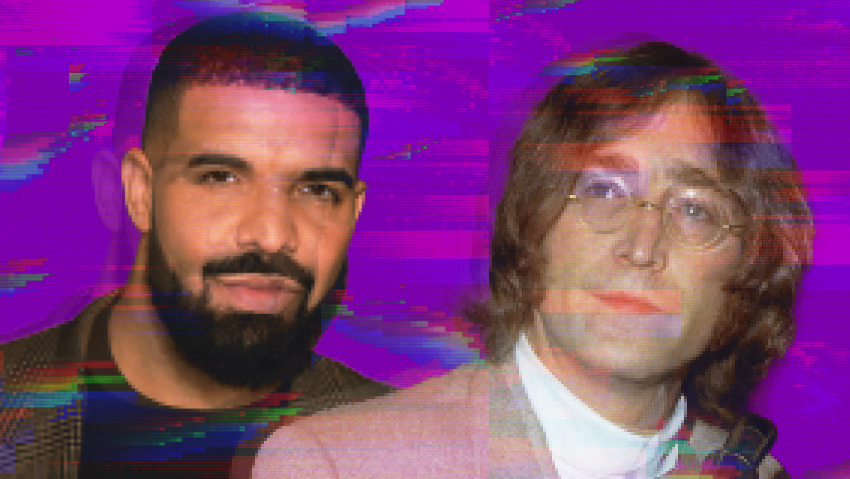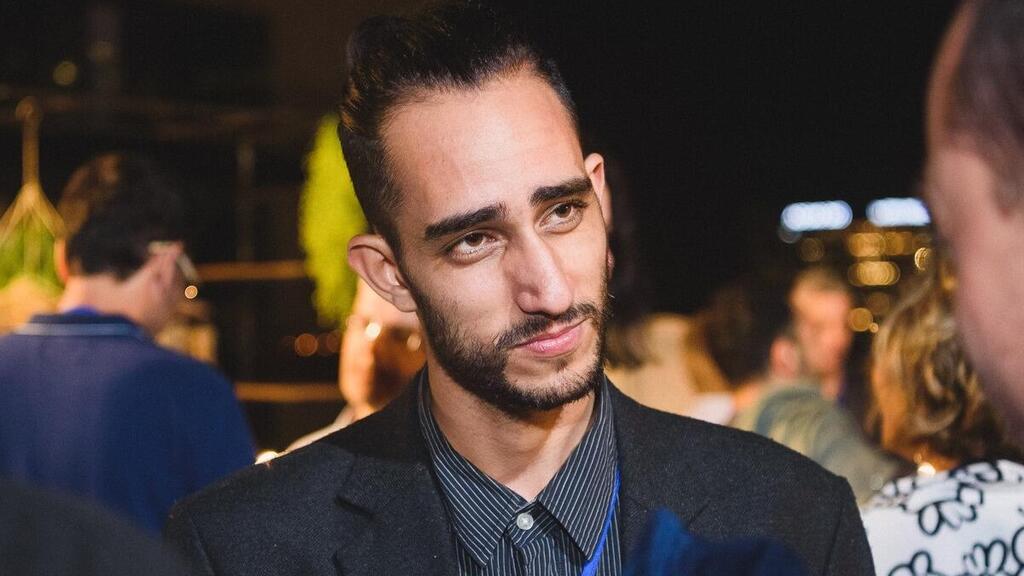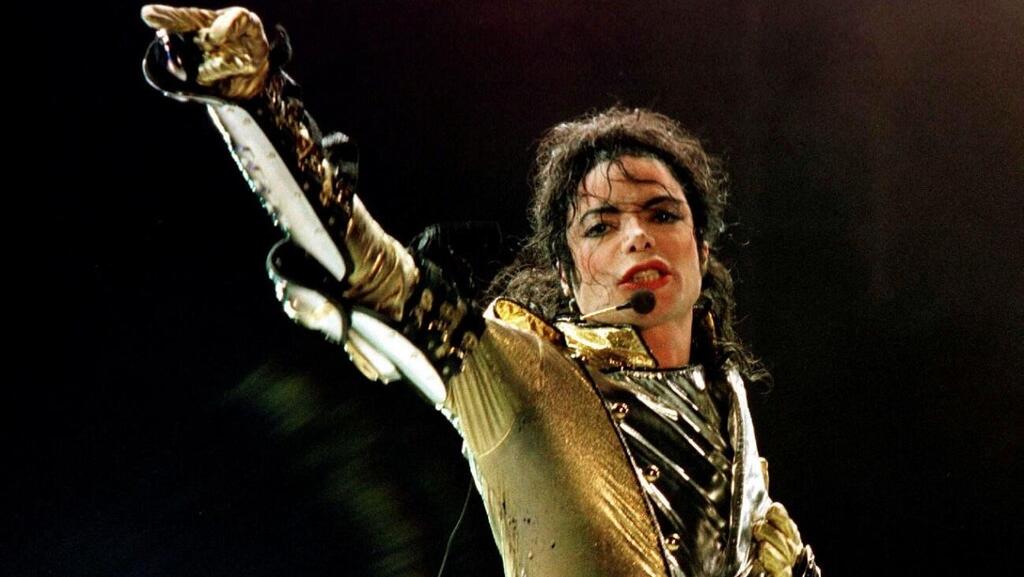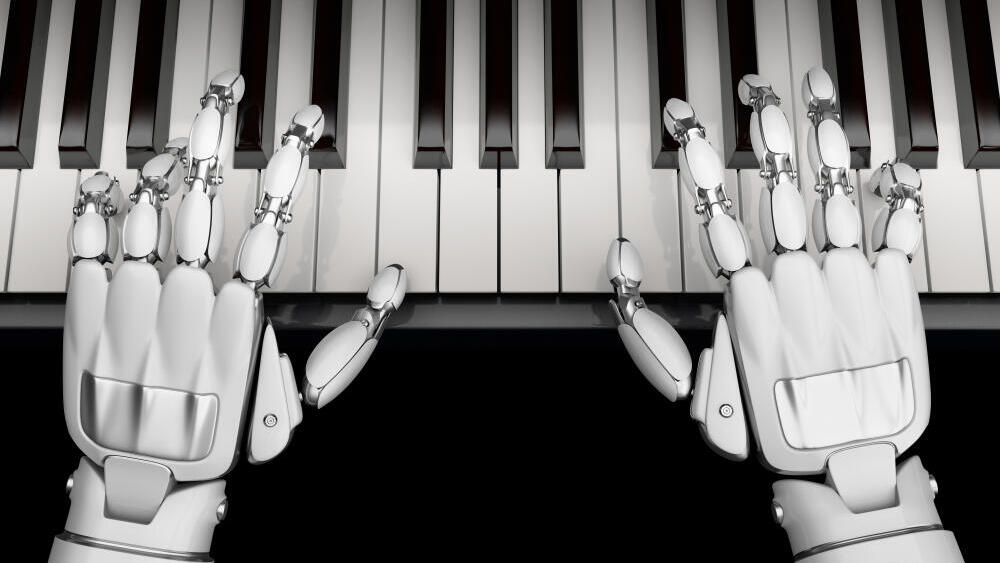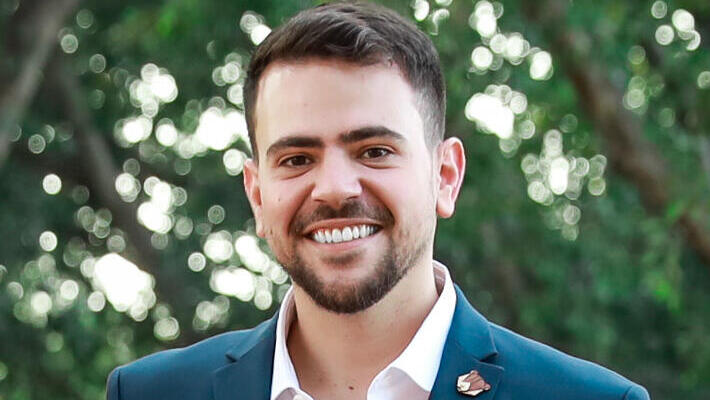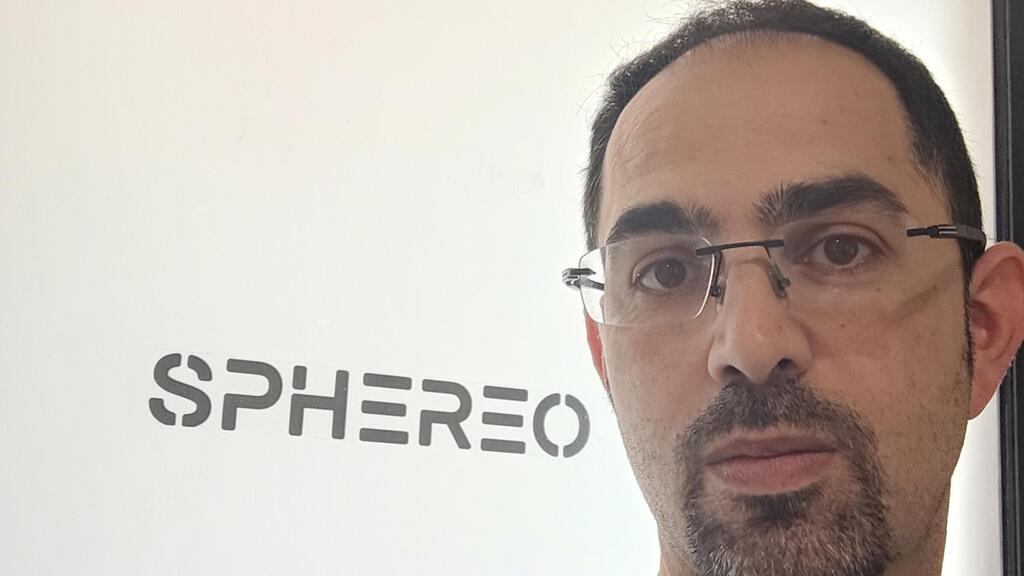In the middle of Paul McCartney's song "New," suddenly John Lennon's voice emerges from the speakers. A shiver runs down the spines of the listeners. How could it be? Lennon was assassinated in 1980, and "New" was released only in 2013.
Read more:
Turns out, this was a pirated version created by a fan who imitated Lennon's voice and embedded it into McCartney's original vocals. Lo and behold - The Beatles, AI version.
AI-generated songs have become a trend in recent months. In April, a TikTok user named @ghostwriter977 uploaded a collaborative song by Drake and The Weeknd, titled "Heart on My Sleeve." Unlike McCartney and Lennon's duet, in this case, it was a completely original song. However, Drake and The Weeknd never recorded it - artificial intelligence (AI) was used to embed the voices of both singers into the original recording.
The fact that the song was created using AI didn't bother the fans, but rather quite the opposite. "Heart on My Sleeve" quickly became a viral hit, with millions of listeners on various platforms. However, Drake's record company Universal Music Group was less enthusiastic and demanded it be removed from TikTok, Spotify, Apple Music, YouTube, and other streaming services. But we're all familiar with the wonders of the internet by now - despite their best efforts, the song can still be found within a few clicks.
These two pairs - Lennon and McCartney, Drake and The Weeknd - certainly aren't exclusive case studies of this trend. If you search on YouTube for the name of your favorite artist or band, followed by the word "AI", you will find a plethora of AI-generated versions, assuming they are popular enough.
Kurt Cobain singing Radiohead's "Creep"? No problem. The Beatles performing Queen's "Bohemian Rhapsody"? Got it. Beyoncé cover of Rihanna's "Umbrella"? Why not? Joe Biden ruining Neil Young's "Heart of Gold"? Absolutely possible, but maybe not recommended.
According to Blue Dobrecky, the COO and Co-Founder of AI company Aiode, the sorcery behind these songs is actually not-so-new technology called Style Transfer, which allows for the replication of voices and their implantation in the place of the original speakers or singers in existing audio files. What is new, however, is the accessibility of the technology. While such tools used to be the domain of tech companies and skilled programmers, today anyone with basic programming knowledge can use them on their personal laptop.
"There are even websites in which you can do it, so you don't need any programming skills," Dobrecky explained.
"The technology has reached a point where you can record three seconds of your voice, and that's it, you can write any text and the software knows exactly how you sound," says Dobrecky. However, according to him, the spell tends to vanish when the vocals are isolated: "I'm sure anyone can identify that it's not a real person, at least at the stage where the technology is currently."
Sorcery or Opportunity?
The entry of AI into the world of music is, on the one hand, a predicament for artists and record companies. It involves a massive violation of copyright: John Lennon, Drake, The Weeknd, Kurt Cobain, and other artists have not given anyone permission to clone their voices and ingrain them into songs they have never heard of. Beyond the concern that someone will profit from their voices, there are other reasons to worry. For example, this could deceive fans who may not be able to distinguish between authentic and AI-generated voices, or raise concerns that AI will convey messages that the artists are not aligned with.
Sting, the English musician, expressed a strong opinion on the matter this week: "The building blocks of music belong to us, to human beings," he told the BBC. "That's going to be a battle we all have to fight in the next couple of years: Defending our human capital against AI."
On the other hand, there is also a tremendous economic opportunity for the industry here: artists who have passed away, such as Amy Winehouse, Michael Jackson, or Freddie Mercury, could make comebacks with more hit singles or even complete albums - all, of course, subject to the consent of their heirs and while preserving their artistic vision as much as possible. And if there are new songs, why not accompany them with virtual reality concerts or hologram performances, as the band ABBA recently did?
Recently, the Israeli public broadcasting corporation Kan used technology to bring the dead back to life. They replicated the voices of Ofra Haza and Zohar Argov using Aiode's technology for the duet "Kan La'olam" on the occasion of Israel's 75th Independence Day. In order to recreate the unique nuances of Haza and Argov, impersonators were hired, and their synthesized voices were implanted into their singing. All of this, of course, was done with the consent of the families of the deceased singers.
Canadian musician Grimes, who you may know as Elon Musk's former partner and the mother of his children, also sees AI as an opportunity. After the controversy surrounding Drake and The Weeknd's fake duet, she announced that she would split the profits 50-50 with creators who use her voice to create new music. She even launched a website that allows easy and convenient replication of her voice. This way, she can significantly increase her income from music without straining her vocal cords. However, it is clear that this solution is not suitable for most artists.
"Real-life musicians will find it very difficult to stand out in a world where a machine can generate a thousand new songs in a second. Musicians will need to reinvent themselves and be truly unique. Only the very best will survive"
The confusion and ambivalence of the music industry were accurately described by Spotify CEO Daniel Ek, who defined AI as "cool and scary."
So far, in all the examples we mentioned, AI has been involved only in playing with the singers' voices. But in the coming years, AI is expected to become more and more involved in the creative process itself. Companies like Google, OpenAI, and others have introduced models in recent years that can generate new music based on textual prompts, similar to how models like ChatGPT and DALL-E2 produce text and images.
It must be acknowledged that this technology is still in its early stages: the results are not always coherent, the lyrics sound like gibberish, and the sound quality is relatively low. But there is no doubt that it will improve, and in a few years, AI-generated compositions could be used as background music in computer games, films, and TV series. It is not far-fetched to imagine that in the future, we could ask AI to create a new song by The Beatles or a composition by Bach.
Slash, the Virtual Version
One of the companies that are taking the capabilities of AI a few steps forward is Aiode, which was involved in creating the duet of Ophira Haza and Zohar Argov, as mentioned above. The small start-up, originating in Hod HaSharon, is developing a platform for virtual musicians based on AI, which is built on real musicians who can play and respond in real time to any musical context.
Aiode CEO and Co-founder, Idan Dobrecki: "We have made it our mission to be those who, at least in the music world, provide tools to creators rather than replacing them. We involve the musicians themselves in the creative process, obtain their approval, and ask them what data they want the model to train on. Of course, in the end, we also share profits with them"
Take, for example, an Israeli music producer who wants to record a guitar solo by Slash. With the Aiode platform, he can collaborate with the virtual representation of the famous guitarist, which is supposed to sound exactly like him. All of this, assuming that Slash agrees to collaborate. Here lies the key difference between Aiode and other models of AI that have run tests on millions of compositions from the internet without obtaining rights or sharing profits with their creators.
"We have made it our mission to be those who, at least in the music world, provide tools to creators rather than replacing them," explains the company's CEO and Co-founder, Idan Dobrecki. "We involve the musicians themselves in the creative process, obtain their approval, and ask them what data they want the model to train on. Anything that does not meet their approval is not included in the model from the beginning. Of course, in the end, we also share profits with them, which does not happen in models like DALL-E2 and Magenta."
Another startup operating at the intriguing intersection of music and AI is Sphereo. The company recently launched Mixit, an advanced karaoke application that allows users to change the musical style of familiar songs with a click of a button. For example, it can transform a heavy rock track into a piano ballad or a pop song into an acoustic unplugged version. Users can then record and film themselves singing, add filters and effects, and then share the outcome on platforms like TikTok and other social media outlets. "It's a recording studio on a mobile device," said the company's CEO and founder, Dr. Yoav Mor.
Integration with ChatGPT enables Mixit users to request the popular chatbot to write new lyrics for familiar songs. "We are rapidly approaching a world where it will be difficult to distinguish between a creation by a human and a creation which behind it is a human with a keyboard and AI," said Mor.
How do you think this will impact the music industry?
"If AI can create something that competes or is equivalent to what a human creates, both in terms of lyrics, music, and performance, we will reach a world where it will be challenging for listeners to distinguish between something entirely synthetic and something created by humans. Real-life musicians will find it very difficult to stand out in a world where a machine can generate a thousand new songs in a second. Musicians will need to reinvent themselves and be truly unique. Only the very best will survive."
Another difficult question to answer is whether a song created by a machine will be able to evoke emotions in us like a composition written by a human. The technology is not there yet, but what is certain is that without real musicians who pour their tears, joy, sweat, and passion into creating magnificent works of art, AI would have had no one to learn from. With that in mind, I will continue to listen to authentic music.



